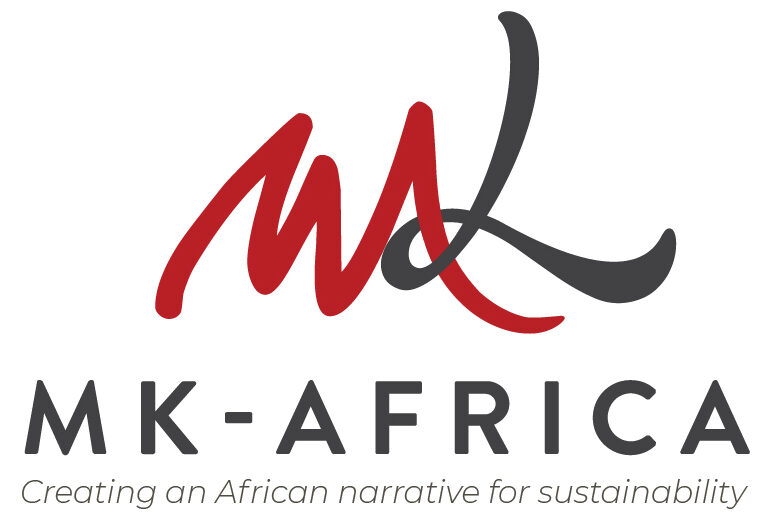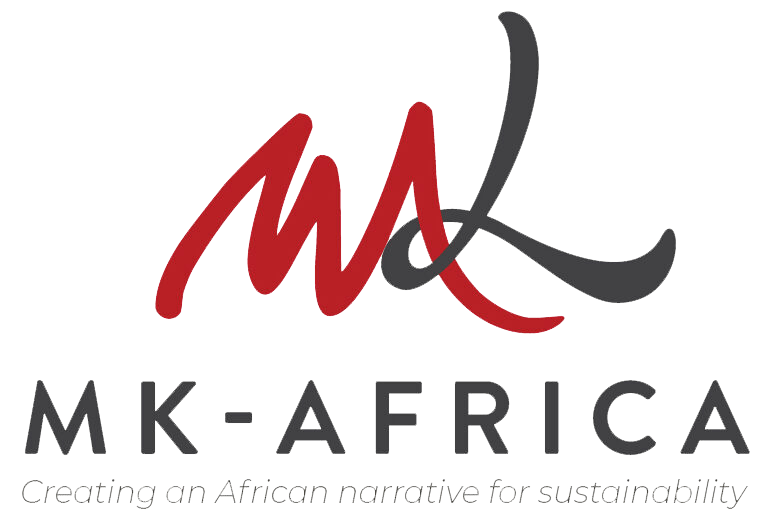
We sometimes get the comment from companies that ‘our investor relations team has never had a question about ESG?’. Often our answer is that the question on sustainability or Environmental, Social and Governance (ESG) impact is not going to be asked directly. Instead, it could come about as, for example, ‘what are your strategic initiatives this coming year?’ rather than ‘how you are managing your climate risk?’
If it comes in this way, that is, as a general question coming from an analyst, someone who hasn’t been thinking about sustainability issues, may not hear the question as something that has an ESG component to it. Therefore, ESG may in fact it may be something that your investors are interested in but not something that your organisation is focused on and this observation may be made by the investor.
It is a pandora’s box and we advise our clients that it is better to begin having sustainability / ESG conversations on a clear day because at a certain point, things could go south. There could be issues that are impacting voting because investors are not happy with how the organisation has been managing climate risk or how the board is accountable for strong governance practices. Beginning to have ESG conversations when there is a vote at play or after you have had an unsatisfactory vote has a somewhat different tone than if you began those conversations coming from a place of best practice.
It is better for the board to begin having sustainability / ESG conversations on a clear day rather than beginning to have ESG conversations when there is a vote at play.
We were privileged to have had these kinds of conversations with members of the Institute of Directors as well as the Institute of Company Secretaries of Kenya in the last month. This is a clear indication that investors in Kenyan companies are beginning to say they want a longer-term focus by companies and hopefully, giving organisations the feedback, they need in order to take some of the focus away from quarterly results. While there is an institutional investor focus on the topic of ESG, another factor at play is that companies’ employees and shareholders are getting younger and as millennials invest with their values, the focus on ESG is bound to increase. There is also a growing trend among asset managers is making sustainability analytics or scores available through their brokerage platforms or creating retail strategies for retail investors.
Convincing boards on the importance of ESG needs focusing on the money flowing into ESG strategies and pointing out to the management and board that this is an area that seems to be growing relatively exponentially. There has been research done in the last several months noting that ESG funds performed better than the market overall during the Covid-19 pandemic. Therefore, the opportunity side of ESG is perhaps starting to be clearer than it has been in the past. Also, in the past year of the pandemic, investors have become much more transparent in terms of their expectations that it’s not so much about ESG ratings but more about disclosures and understanding the company’s risks and opportunities as they relate to ESG.

Up-skilling in this area can take a variety of forms including: attending continuing professional development training sessions; inviting regular subject matter experts to train the board ; appointing new board members with specific ESG expertise, qualifications or experience or retaining external consultants with relevant expertise to support them.
Click to view the highlights of our webinar with IOD (Kenya) or register for our upcoming ESG Masterclass starting August 2021.


